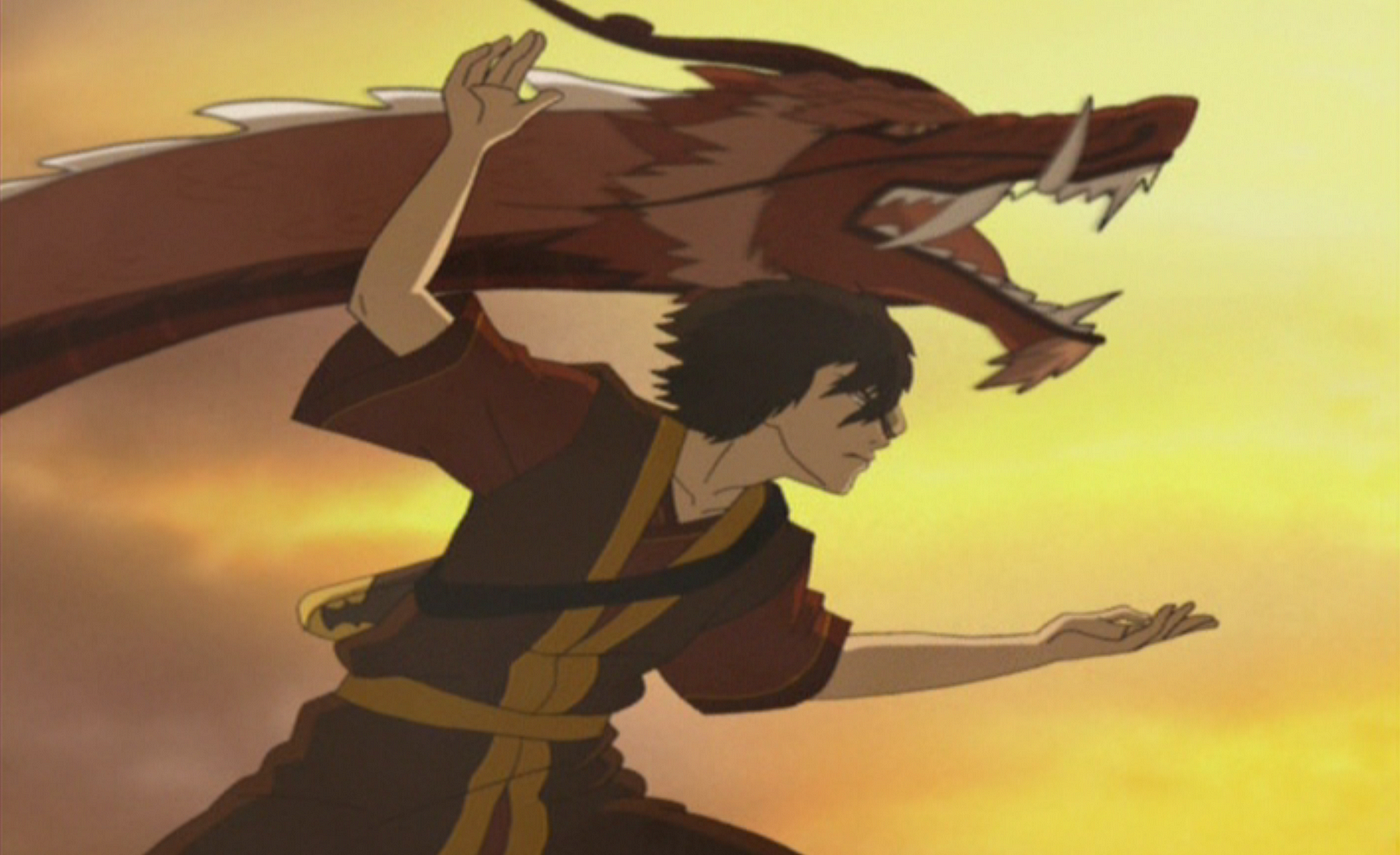Staying sane in the tech industry
Keeping your sanity in an industry that’s obsessed with making an impact.
Kendo (the way of the sword) is something I’ve been doing for a couple of months now. I would read books, practice, and bug my senpai (senior) with a lot of questions on form, equipment, strikes, techniques, etc. We would always exchange documentaries and readings.

One of the senpai once told me: “It’s rare for us to have another person who’s a committed firebrand, let alone a woman. So it’s my pleasure to answer all your questions”

That was the first time I learned the word firebrand. It’s actually just another term for passionate but with an added definition of “inciting change and taking radical action”.
It made me realize that learning kendo is not any different from when I try to learn other disciplines or even when it comes to my career. And I love learning. I’m the type of person who will digest everything I can learn. I always love being the dumbest person in the room because it allows me to absorb a lot of information. I believe the earlier you accept you don’t know everything, the faster you’ll learn. I have so much passion for any discipline I’m really interested in.
I have been fortunate enough to adapt this kind of attitude during the foundational years of my career. When you are surrounded by people who are driven, the culture becomes contagious. It takes a village to raise a child. I am that child.
However, I noticed how passion was also the source of my burn out. making an impact became an obsession to me. It made me become emotional in making career decisions. It made me lose sleep. Other people won’t even leave the job they hate simply because they think, “I did not make enough impact yet”.

Isn’t it funny how both “firebrand’ and “burn out” are associated with fire?
Passion makes me too eager. It seems to me that sometimes, the faster I learn, the faster I crash. The higher my passion is, the harder I fall when I fail. Eventually, it cost me to be depleted.
The major difference of kendo is that it teaches me to take things slow. It’s the kind of discipline that needs time to get good at. Some of my senpai have been doing it for more than 20 years and even they are saying that there are still a lot of things to discover in kendo. Kendo isn’t something you learn overnight and that’s okay. The earlier you accept that statement, the less frustrating it becomes. It’s amazing how the things that you learn from kendo can reflect how you approach life outside the dojo.
Don’t get me wrong; there’s is nothing wrong with making an impact. We all want to do meaningful work. “Making the world a better place”, is probably a mantra of every tech startup you encounter. The tech startup scene is a goldmine of firebrands, and if you’re not careful, it’s also a place where you could get easily burnt out.

Zuko (along with Aang) learning true firebending from the firebending masters: the dragons. From Avatar: The Last Airbender.
Fire is a horrible burden to bear. Its nature is to consume. And without control, it destroys everything around it. Learn restraint or risk destroying yourself and everything you love.
— Jeong Jeong. Avatar: The Last Airbender
Choosing your battles
In every job, it’s good to go above and beyond what our job description tells us, but how far does one have to go?
Are the problems you are worrying about within your control?
If you’re a founder/co-founder, I would understand that you need to go above and beyond. However, if you’re an employee, should the problems of your company or your client be worth worrying about when it’s beyond your control? Unless you’re not getting paid, then by all means, bug them.
Wisely choose the problems that you need to stress about. Actually, don’t stress about it. But make your brain work on it. Think if it’s worth the brain cells and time you want to exhaust on.
Allot time on what matters to you
You were hired to work for 8 hours. 8 hours of your life excluding the time you travel to work (Hell-o Manila traffic).
24 hours a day.
8 hours for sleep (supposedly).
8 hours for work.
2–4 hours travel to work and homebound.
That leaves you 4-6 hours of “me time”. It’s up to you how you want to spend this. For your hobbies, for your family, your significant other, your side job, extra learnings for your job (if you really love what you’re doing) etc. The thing is, there’s more to life outside the walls of your office. We let our day jobs define who we are. Our obsession with making an impact sometimes becomes a frustration, and we become too attached to our jobs. We work more than the hours required, and then we crash when we get home.
You have 4–6 hours to do whatever you want. Spend it wisely.
Learning disciplines outside your job can actually help you with your job
I’m the kind of person who never runs out of hobbies. I dabble in Illustration, Film Photography, Calligraphy, Playing an instrument, Yoyoing, Kendo, etc. One time, I told my design and development mentor:
“I feel guilty for having too much hobbies. It feels like I’m wasting time when I should be reading or learning on design and development (my day job) instead.”
What he told me changed my view on hobbies:
“Creative disciplines bleed together. Whatever you learn from one discipline will be helpful to another. So don’t think of it as something not beneficial to your job”
Later on, I learned that some of amazing people in the world actually have this kind of point of view as well. While most people stick to what’s relevant to their fields, Elon Musk for example allows himself to learn just about anything. The way he views it: Think of knowledge as a tree.
“It is important to view knowledge as sort of a semantic tree — make sure you understand the fundamental principles, i.e., the trunk and big branches, before you get into the leaves/details or there is nothing for them to hang on to.”
— Elon Musk
Once you get the fundamental principles down, the idea is that whatever you learn now can tie up to something else in the future, therefore creating something unique. This is called learning transfer.
Steve Jobs was also known for exploring and learning things outside his industry. He took calligraphy class, which was beneficial for typographies used by Mac when he founded Apple soon after.
I’ve seen a lot peers who went from reading a lot of tech books to reading philosophy, zen, public speaking, and self-help. In my observation, those people are usually amazing leaders in their organizations. In the foundational years of your career, there will be a lot of hustling within your industry because you’re still trying to learn the ins and outs of your job, but don’t feel guilty for learning other things outside the industry. Learning about something not related to your day job, let alone to the industry you are in, may bring a different perspective on how you could approach other fields.
Another culture that’s really prominent in the tech industry is “making a dent in the universe”.
“We’re here to put a dent in the universe. Otherwise why else even be here?”
— Steve Jobs
It’s not bad to be ambitious and help change the world in ways we know how (and make profit from it, let’s be honest), but I feel like this same mindset is what causes a lot of young professionals to have an obsession in “making a huge impact”.
Our visions become so big, we sometimes we forget to appreciate the small things that makes an impact even at home.
You help your younger siblings or relatives go to school.
You manage to start a small business. Even if it’s not a tech startup.
You mentor a young professional and made his/her career path a little clearer.
You provide for your family.
You get to see and talk to your children and/or your parents before they go to sleep.
Never underestimate the impact you make, even if it touches just one life.